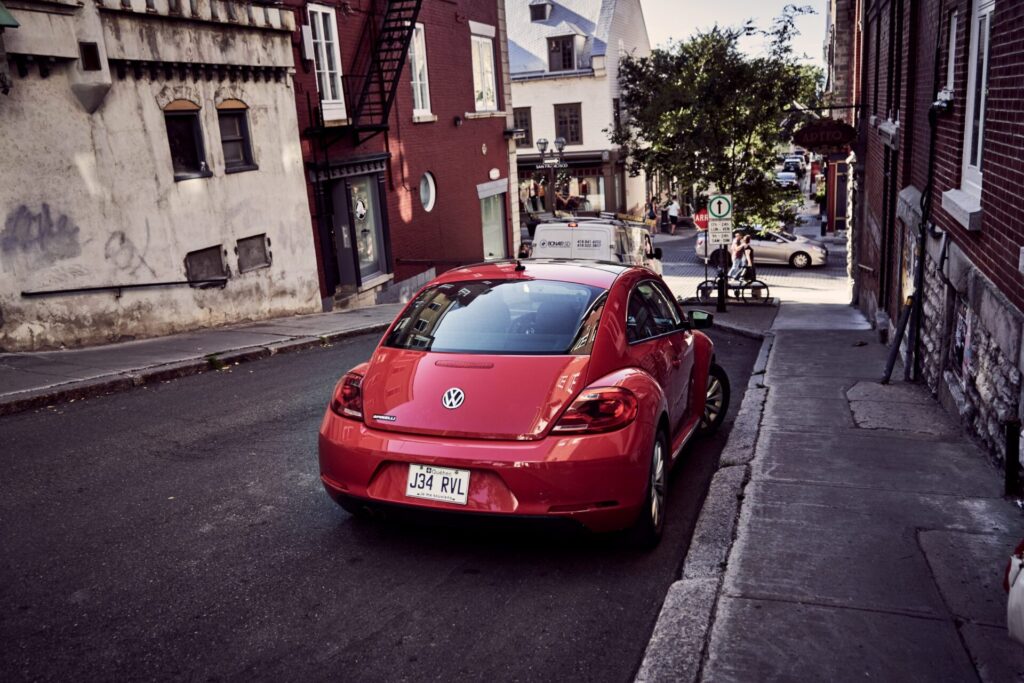Premises Liability vs. General Liability: Are They the Same Thing?
Personal injury and insurance terms have something in common: They can be confusing.
The concepts involved in both of these areas are complex, and if you aren’t used to dealing with them, it can be easy to mix up definitions. For example, the terms premises liability and general liability may sound like the same thing or, potentially, related things.
Keep reading to find out what each of these terms means and why it might matter if you’re ever injured on someone else’s property.
What Is Premises Liability?
Premises liability is a personal injury term. It refers to the responsibility of a property owner or manager for damages caused by certain accidents or other incidents on their property.

Premises liability is a branch of a type of law called tort law and includes the following principles:
- Property owners or those responsible for a property are accountable for maintaining a certain level of reasonable safety. This includes maintaining structures, fixtures, and other elements of the property in an appropriate manner.
- Property owners and managers are also expected to act in a reasonable way to help ensure the safety of individuals on their property, including invited guests, customers, and others. This includes responding in a timely manner to notifications of unsafe conditions.
- If someone sustains damages or suffers injuries because of an accident on someone’s property that is caused by a lack of care on the part of the property owner or manager, that person or business may be deemed liable for those damages.
When Does Premises Liability Come Into Play?
Premises liability as a legal concept can come into play in a variety of scenarios. A few common examples of premises liability cases include:
- Slips and falls. This is one of the most common types of liability claims. If someone slips and falls because of uneven flooring, wet floors, poorly installed carpets, or items obstructing the walkway, they may have a case against the property owner for any injuries they sustained.
- Poor maintenance. Property owners have a duty of care to maintain safe conditions. If, for example, lighting is not maintained in a stairwell and someone falls in the dark, that may be deemed the liability of the property owner.
- Insufficient security. Security is part of safety, so property owners have some level of responsibility for it. This may include things like ensuring locks work appropriately or that security personnel are well-trained and present at the appropriate times. If reasonable security for the type of premises in question is not maintained, the property owner might be held liable for any injuries or damages that are caused.
What Is General Liability?
General liability is a type of insurance coverage. Also known as business liability insurance, a commercial general liability policy provides some general protection for businesses against various types of claims, including qualifying injuries that occur on your property.
Who Might Need General Liability?
While we are not insurance professionals, it’s generally understood that general liability policies are important for just about any type of business or property owner. If you have questions about what types of insurance you need, consult an insurance agent or broker with commercial insurance experience.
Does General Liability Coverage Include Premises Liability Coverage?
Premises liability is a specific type of liability in that the property owner is shown to be at fault in some way for the injuries. Typically, there must be some failure or negligence in the property owner’s duty of care.

General liability policies often cover accidents or damages even when that negligence is not present. In some cases, a general liability policy may cover premises liability, though you might also have to add premises liability as a separate or additional coverage.
Always talk about these details with your insurance agent and ensure you understand what is and is not covered.
Call on Legal Professionals if You Have a Premises Liability Issue
If you are injured or otherwise suffer damages on the property of another person or business, it’s not your job to understand what insurance coverage they have. It’s your first job to recover from your injuries. One of the steps in doing that may be seeking compensation for your losses.
Consider working with an experienced personal injury attorney—specifically one who has worked on premises liability cases before. A personal injury lawyer can help you:
- By providing guidance for your case. An experienced personal injury lawyer has in-depth knowledge about such cases. While he or she can’t tell the future, they can make very educated guesses about the outcome of different strategies. This lets them advise you about the strength of your case and what options you might have for seeking compensation.
- Through investigation. A personal injury team works to gather evidence, such as documents, photographs, videos, and testimony, that proves your case. As the person bringing a personal injury case against someone else, you have the burden of proof. An experienced legal team shoulders that burden for you.
- By building and presenting a case. Your lawyer will build a case that demonstrates your losses and attempts to prove that someone else is liable for them. They can present this case to the other side or their representative as part of settlement negotiations or in court.
Having a dedicated personal injury team on your side can provide peace of mind, guidance, and support throughout the entire process. To find out how Contant Law can help with your premises liability claim, reach out via 617-221-8221 today.





